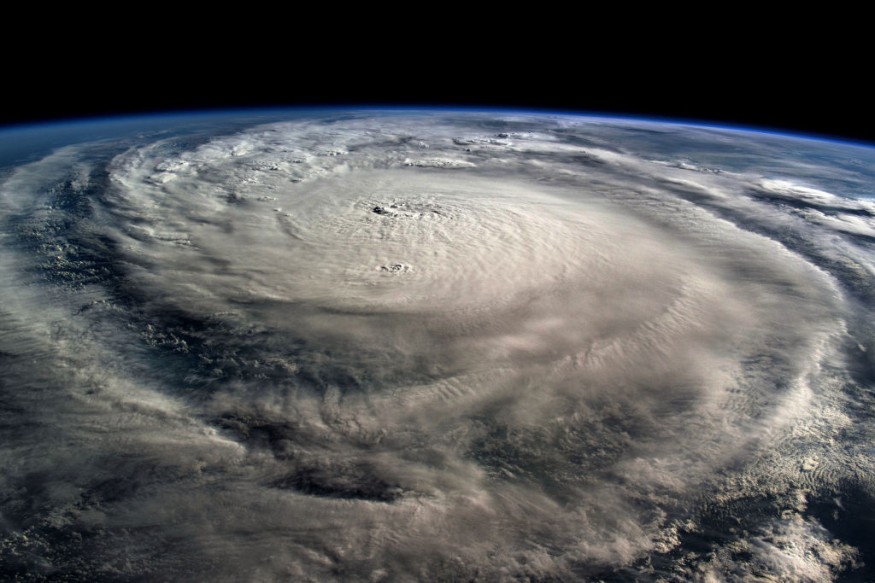
Scientists recently reported that Hurricane Milton was significantly more powerful due to climate change.
The storm's rainfall increased by 20 to 30%, and its winds became 10% stronger. This study comes right after Hurricane Helene impacted the southeastern United States, which was also intensified by climate change.
Climate Change's Influence on Storm Intensity
Researchers from the World Weather Attribution (WWA) stated that without climate change, Milton would have hit as a less intense Category 2 storm rather than a major Category 3 storm, according to AP News.
Although WWA's studies may not undergo peer review, they use methods that are peer-reviewed. The group evaluates weather events against what would typically occur in a world without significant warming, which has risen by about 1.3 degrees Celsius since the late 1800s.
A team of scientists looks at how climate change affects storms by analyzing weather data and climate models. In the case of Milton, they relied on weather observations to draw their conclusions.
Their findings showed that climate change has caused an increase in hurricane intensity by 10 to 50% and has doubled the likelihood of such storms occurring.
WWA stated, "We are therefore confident that such changes in heavy rainfall are attributable to human-caused climate change."
Hurricane Milton's Devastating Impact
Hurricane Milton resulted in significant destruction, with at least eight lives lost, flooding in coastal regions, and over 2.4 million customers without power. The hurricane struck the west coast of Florida, near Siesta Key, fueled by warmer waters nearing record temperatures.
Climate scientist Michael Mann agreed with the analysis, noting that climate change greatly worsened the hurricane's impact. He cautioned that the study might underestimate the true effect, as he has seen other studies indicating even higher rainfall due to warming.
Meteorologist Jeff Masters also supported the WWA's findings, stating that Hurricane Milton would likely have been a Category 2 storm without climate change. Climate Central reported that climate change raised water temperatures, increasing the chances of warmer waters by up to 200 times.
They found that the temperatures were over 1.8 degrees F (1 degree C) higher than the average from 1991 to 2020.
The Pentagon has recognized climate change as a national security issue. According to CNN, US Secretary of Defense Lloyd Austin stressed the seriousness of this threat, stating, "We face all kinds of threats in our line of work, but few of them truly deserve to be called existential. The climate crisis does."
© 2025 NatureWorldNews.com All rights reserved. Do not reproduce without permission.





